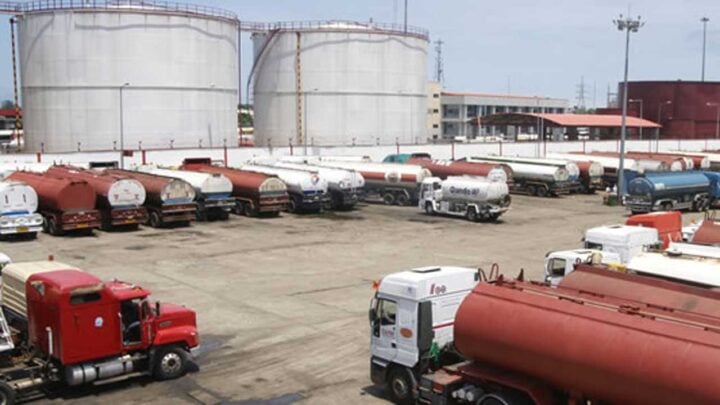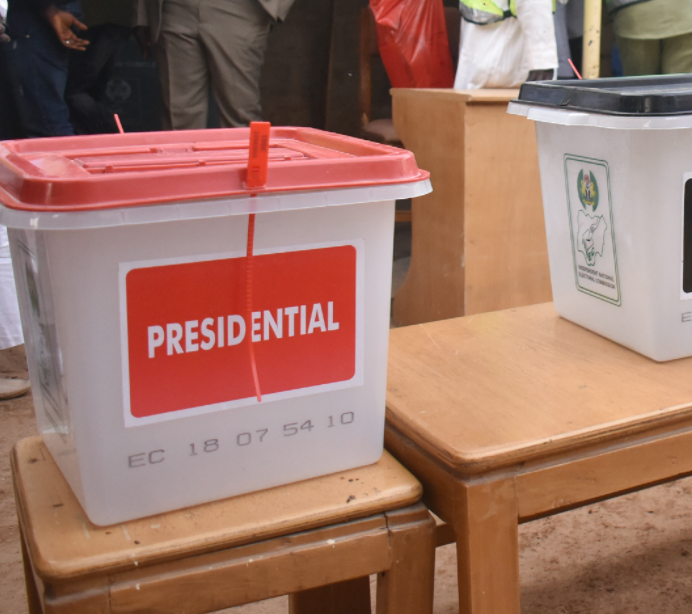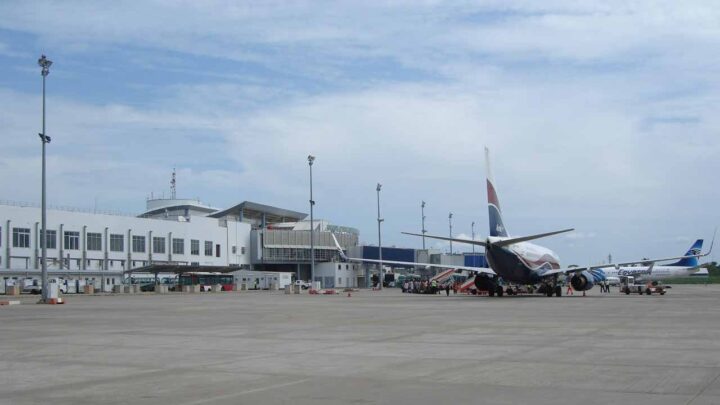The Major Oil Marketers Association of Nigeria (MOMAN) has asked the federal government to inject subsidy into mass transportation to alleviate the suffering of Nigerians.
Olumide Adeosun, chairman of MOMAN, said this on the heels of rising transport costs in the country.
In recent weeks, Nigerians have been grappling with the challenges of petrol scarcity as well as rising fuel prices.
While the government emphasised that the approved pump price is N165, some oil marketers insisted they could not sell the product below N180 a litre.
Advertisement
TheCable had reported that some filling stations sold premium motor spirit (PMS), also known as petrol, for as high as N235 a litre on Monday.
Adeosun said this on Wednesday during a capacity-building workshop organised by the Federal Competition and Consumer Protection Commission (FCCPC) for oil marketers and journalists.
Adeosun called for the gradual removal of costly petrol subsidies, expected to gulp N4 trillion in the year.
Advertisement
“So looking forward, what do we say? We are saying that we need the government to work assiduously to gradually phase out the subsidy by allowing the prices to increase gradually,” Adeosun said.
“Doing it slowly really means that at no point are we shocking the system to the point of collapse because the farther down the line we kick, the deeper and more significant the shock will be.
“So, they say the most humane way to cook a frog is to boil it slowly. So we should really be looking at that because I believe, for people, it’s much more palatable to have the product at a slightly increased price than to not have any product at all and you will not be able to get on with life at a price that is not sustainable at all.
“And I think that is the general mood of the country. So, we are saying that, let’s see the prices for this product get reduced on the one hand, and let’s inject subsidy into things like mass transportation, areas where people are actually at the point of need. We’re saying, let’s look at how we can increase productivity in the agricultural sector by targeting some investments there.”
Advertisement
Noting that the solution to Nigeria’s situation arising from the global energy crisis was to look inward, Adeosun added that the country failed to save for the rainy day.
He said the country had been subsidising through good and bad times that the institutions have reduced capacity to deal with the problem even with the best will.
“Now, we have the subsidy bill that keeps increasing: N1 trillion, N3 trillion, N4 trillion, N8 trillion. If we look at that money and we think about what we could have done with it around education, health, around infrastructure, we might be able to have businesses that are more resilient to deal with it. But we are where we are today and the reality is really before us,” Adeosun said.
“So, what we are saying, what we stand for, is for phased deregulation of this sector. You cannot realistically begrudge somebody, a business, set up to run cash flow and make a profit to land a product at a depot, for the same price that is recommended in the country, to then move this product to maybe 500 kilometres up country and still sell it for that same price, with the increased cost of diesel to run for transportation, with the increased cost of diesel to run the filling stations, to run the depots, all of these assets are powered by diesel.
Advertisement
“And we all know what happens along the journey as well. We may not have tollgates on our highways, but we do have collection points along those highways and these all add up.
“So, we cannot realistically expect a business to deal with that. Because what’s happening right now is that the outages that we’re seeing are causing businesses such as my members’ businesses to think about their business and how they will survive.”
Advertisement
He added that marketers are currently managing to be in business just to provide services to consumers without really making profits due to the costs they had to incur such as the high diesel price, to make the product available.
According to him, those who could no longer cope with the cost of doing business had no other choice than to quit.
Advertisement
Add a comment






